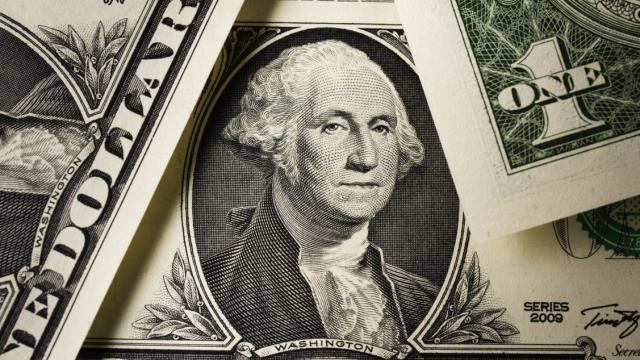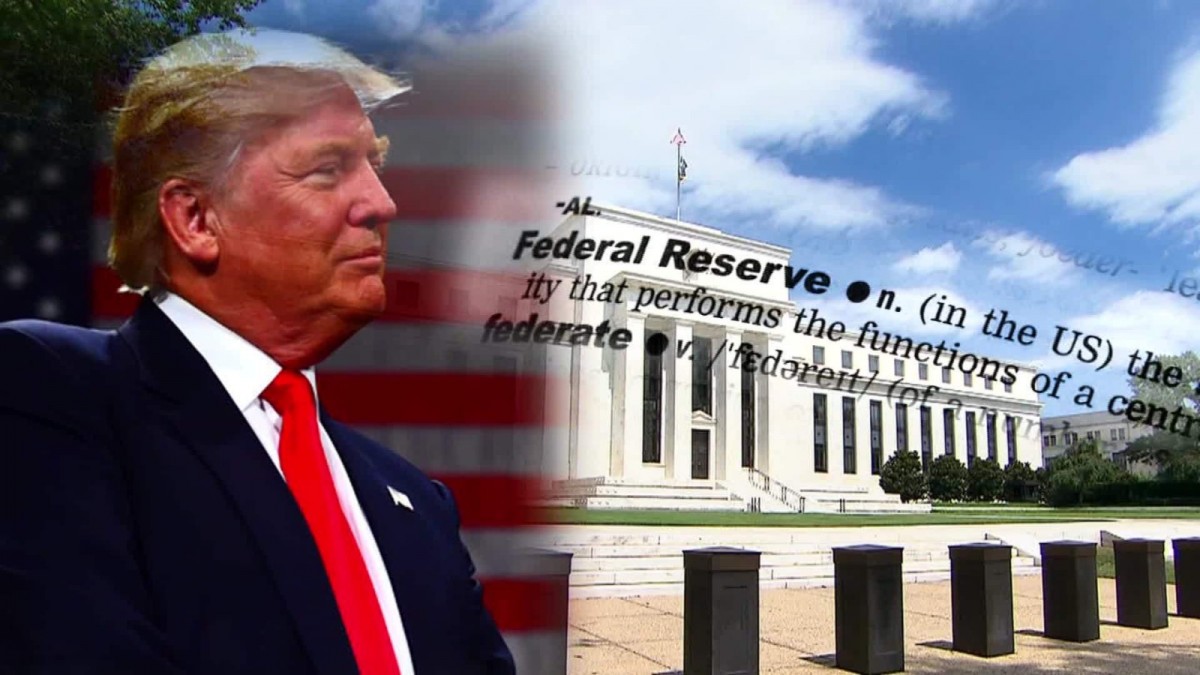
It’s not every day that three well-credentialed men are willing to put their names and reputations behind the allegation that the U.S. Federal Reserve is rigging the stock market. But that’s exactly what happened last week. Paul Craig Roberts, a former Associate Editor of the Wall Street Journal and Assistant Secretary of the U.S. Treasury under President Ronald Reagan joined with Economist Michael Hudson and Wall Street veteran Dave Kranzler to write that “it appears that in May 2010, August 2015, January/February 2016, and currently in February 2018 the Fed is rigging the stock market by purchasing S&P equity index futures in order to arrest stock market declines.”
This is not the first time the Fed has come under such suspicion. In 2013 Time Magazine’s Dan Kadlec wrote the following about the unprecedented number of central banks that were moving into stock purchases:
“The U.S. Federal Reserve does not appear to have joined in the stock-buying trend. The Fed is not permitted to make direct stock purchases. But there is nothing to prevent it from funding a Special Purpose Vehicle that buys a broad basket of stocks through indexes or Exchange Traded Funds. In the past year, Wall Streeters have speculated the Fed would buy stocks as part of its quantitative-easing programs to stimulate the economy.”
More suspicions were raised on May 23 of last year when long-tenured New York Post financial writer, John Crudele, suggested that the heavy purchases of stocks by the Swiss central bank could be “as an agent of US financial authorities who fear that a big decline in stock prices would be against America’s national interest?”
According to the latest official annual report of the Swiss central bank, it held $140 billion in stocks as of December 31, 2016, a 30 percent increase over 2015. We also reported on August 25 of last year that the Swiss central bank had a very large appetite for big U.S. tech stocks. We wrote:
“Since June 30 of last year, Switzerland’s central bank, the Swiss National Bank, has increased its stock holdings of five U.S. social media/tech stocks from $5.3 billion to $9.38 billion, an increase of 77 percent in 12 months. The stocks are Apple, Alphabet (parent to Google), Microsoft, Amazon and Facebook. The stock information comes from a 13F filing the Swiss National Bank made this month with the U.S. Securities and Exchange Commission (SEC), a quarterly form required of institutional investment managers who manage $100 million or more.”
Apple and Microsoft are two of the component stocks of the Dow Jones Industrial Average, a popular index used to gauge market strength. Apple, Alphabet, Microsoft, Amazon and Facebook are all components of the Nasdaq 100 index, another closely watched indicator of stock market strength.
But why single out the Swiss central bank? According to a research report released last week by BNY Mellon in collaboration with the University of Cambridge’s Judge Business School, 39 percent of central banks surveyed are now investing in stocks and 72 percent “reported use of derivatives as part of their investment management activities.” It is likely that interest rate swaps are the more common derivatives being used by central banks. However, S&P 500 futures contracts are also derivatives and would be the most efficient means of propping up stock prices and/or leveraging a directional bet in stocks.
Another central bank closely aligned with the U.S. that is loading up on stocks is the Bank of Israel. Stanley Fischer, who recently served as Vice Chairman of the U.S. Federal Reserve under Janet Yellen, was governor of Israel’s central bank from 2005 to 2013. He holds dual citizenship.
In February 2016, Haaretz reported that the Israel central bank had increased its stock purchases to 10 percent of reserves or about $9 billion. That was up from 8 percent in 2014 and 3 percent when the central bank first began purchasing stocks in 2012. The largest representation in its global stock portfolio was U.S. stocks.
There are many fundamental reasons to distrust central banks meddling in what are supposed to be free markets. For one thing, U.S. securities laws and regulators are not set up to police central banks. But more importantly, with the power to create money out of thin air, what is to stop central banks from effectively becoming the stock market, killing off its very reason for existing: as a reliable pricing mechanism. Just as the central bank of Japan has boosted its stock market with a $50 billion a year stock purchase program and Switzerland and Israel keep ratcheting up the percentage of reserves they are committing to stocks, the central banks may have doomed themselves and the stock market by failing to address the most crucial part of this strategy: an exit plan.
3 WAYS TO SHOW YOUR SUPPORT
- Log in to post comments
















